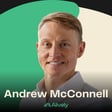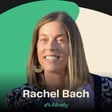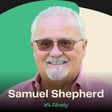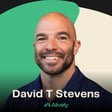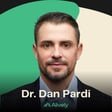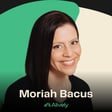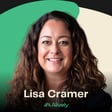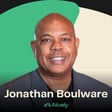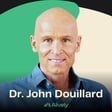
Getting Fit When You’re Over 50 with Waldemar Franco - E61
Trying to keep up a workout routine after 50 can feel like an endless cycle of aches, frustration, and self-doubt - especially when old approaches no longer deliver the same results.
The relentless push to stay strong and active often leads to injury, exhaustion, or the nagging sense that you’re falling behind, just as your body starts demanding a different kind of care. It’s easy to question whether lifelong fitness and energy are still within reach.
This episode explores how rethinking your mindset - shifting from rigid workouts to supportive rituals - can make sustainable movement and vitality not just possible, but enjoyable well past midlife. You’ll hear hard-earned insights from someone who’s navigated the realities of aging, injury, and reinvention, all while redefining what it means to feel truly alive after 50.
Waldemar Franco is an adventure travel entrepreneur, movement educator, and author of "Find Your Wild Flow." Beginning his career as an adventure guide, Waldemar combined his expertise in architecture and outdoor sports to build a boutique adventure hospitality business in Mexico. Transitioning from a focus on extreme physical pursuits to a more sustainable approach to health, he developed movement rituals integrating mobility, martial arts, and mindfulness. Waldemar's practical methods have resonated with peers navigating the physical and mental shifts of midlife. His work can be found under the name 'The Wild Flow Method', and he continues to inspire through writing and hands-on workshops.
“I think that everybody should have their own adventure … whatever it is” - Waldemar Franco
In this episode you will learn:
- Why Waldemar reframes daily exercise from “routine” to “ritual,” and how this mindset shift creates a more nourishing and sustainable approach to movement.
- How the spirit of adventure - defined as seeking out the unknown and embracing discomfort - can lead to growth across all areas of life, not just physical endeavors.
- The benefits and potential downsides of a relentless pursuit of challenges, including the importance of finding balance between striving and rest as we age.
- The story behind Waldemar's recovery from injury and how he developed an integrated, adaptable movement practice incorporating mobility, breathwork, martial arts, and strength.
- Practical strategies for crafting a personal wellness ritual that evolves with your body’s needs, including listening to physical cues rather than relying only on wearables or external data.
- The importance of rejecting one-size-fits-all wellness “recipes” and instead building individualized habits that are sustainable over the long term.
Resources
- Connect with Waldemar on Instagram: https://www.instagram.com/waldemarfranco
- Buy his book, ‘Find Your Wild Flow’: https://portal.wildflowmethod.com/courses/offers/03b9e056-db30-4d1e-9d79-f9ce4ce59239
- Learn more about his program, the Wildflow Method: https://wildflowmethod.com/
This podcast was produced by the team at Zapods Podcast Agency:
Find the products, practices, and routines discussed on the Alively website:
